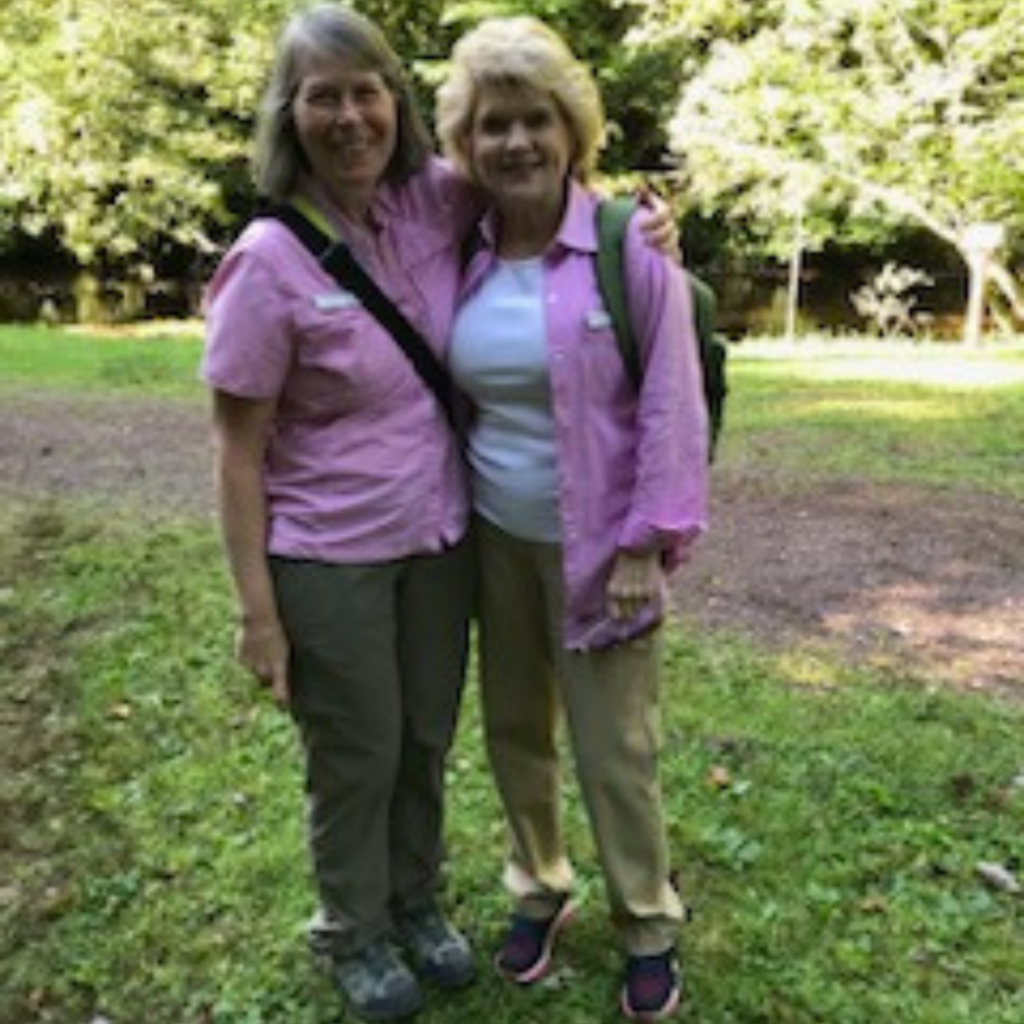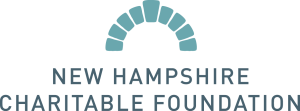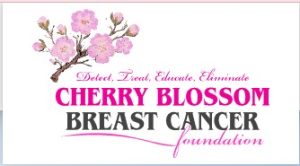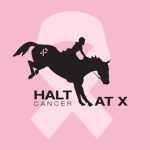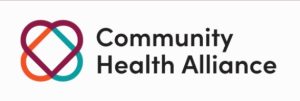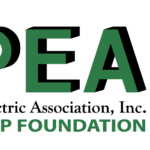Reel Healing – Lynn Steele
Closing out September with our Reel Healing feature! Each month, CfR will highlight a health and wellness volunteer that serves one of our many programs, including psychosocial facilitators, medical facilitators, nutritionists and more. Meet Lynn Steele, LSW, OSW-C, who has been a CfR Psych since 2018 for Skytop Pennsylvania. Read more below about her role at a CfR retreat and how it provides “reel” healing for breast cancer survivors and thrivers.
Tell us a little about yourself and how you became involved with Casting for Recovery.
Several years ago, I had the fortunate experience of hearing about Casting For Recovery from Marsha Benevengo, CfR Program Coordinator, Eastern PA. I was thrilled to learn that such a program was available to the breast cancer patients that I worked with. Marsha came to our cancer center to talk more about the program and the connections were forged! I was thrilled when Marsha later asked me to apply for the CfR Psychosocial facilitator role.
I have 40 years of experience in the field of social work. I am an oncology certified social worker and have worked in oncology for the past 20 years (17 years working at a community cancer center and the past 3 years working for The Leukemia & Lymphoma Society as an Information Specialist). In my role as a community cancer center social worker, I worked in all aspects of oncology social work from diagnosis throughout treatment to bereavement. I facilitated weekly and monthly cancer support groups, educational programs and breast cancer survivorship workshops throughout the years. In addition to my oncology social work experience, I have also worked in mental health with both children and geriatrics, hospice/end of life care, and nephrology social work.
As a psychosocial professional who volunteers at CfR retreats, why do you believe the psychosocial component to the retreat is so beneficial and/or necessary?
Breast cancer survivors are people, and everyone can experience emotional responses or changes in their lives with a cancer diagnosis. I believe that the CfR program looks at the whole person; the psychosocial aspects are so important and beneficial to explore because we want to meet people where they are – not just their physical cancer diagnosis. There are many parts of a person and acknowledging the psychosocial aspects are critical as people heal, emotionally and physically.
What sort of questions & topics do you find participants ask most often during Evening Circle?
During the evening circle, our team assesses where the participants are in their process and then addresses the subjects that the group wants to explore. This can include fear of recurrence, intimacy, body image, self esteem, anxiety or stress, finding a “new normal” or acceptance of the emotions or changes that occurred with the breast cancer diagnosis. Sometimes we also address financial concerns, employment resources, and ways to find resources or get connected to support in their communities. We have talked about the importance of being your own best advocate with your healthcare team, asking all your questions, and long term survivorship worries of upcoming scans, tests and so on. The group provides a safe space to share as much or as little as participants feel comfortable with.
What kind of outcomes have you witnessed from the Evening Circle at retreats? What are some of the most transformative things you witnessed with retreat participants – as a group and/or individually?
It seems that year after year, I have seen women taking on the challenge of coming in to the CfR retreats, stepping outside of their comfort zone, being vulnerable and courageous – trying something new as they open themselves up to each other and then make connections. As they connect to each other and the volunteers, they express that they do not feel so alone anymore. I have also witnessed women connecting with nature or sometimes re-visiting their love of nature that may have been pushed to the side and then realizing how healing that is. We encourage mindfulness practice, exploration of mindfulness in nature, connecting with your inner self, and exploring coping strategies for self care. It is also important to encourage the participants to give themselves permission to practice self care. (No, self care is not selfish!) We invite them to honor where they are and look at what helps them to best help themselves. I have been a witness to the power of laughter and of tears.
On the whole, why do you refer people to CfR retreats? Why do you think the retreats are beneficial to women who have experienced breast cancer?
I refer women to Casting for Recovery because I have witnessed first hand the “magic,” insights, and transformation that can happen during these amazing retreats. It is a time to learn new things about oneself, connect with others, and be present in nature with women who are breast cancer thrivers and a dedicated group of compassionate staff volunteers who believe in the CfR program and love fishing!


